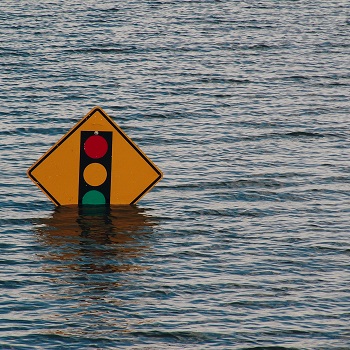Serbia Commits to its European Destiny
Serbia really has chosen the path to EU membership. Last week’s arrest of Radovan Karadzic was the clearest evidence yet of the new coalition government’s commitment to a mainstream European destiny for their country. Significantly, the move followed the appointment of a new chief for the Serbian intelligence services.
Commissioner Olli Rehn wanted to send a quick and positive signal to Belgrade following the arrest. He urged EU foreign ministers to speed up ratification of the Stabilisation and Association Agreement, but the Council of Ministers would not go so far, encouraging the Serbians to keep up the good work, but making no promises.
It seems that the Dutch were particularly cautious in their approach, as Netherlandsradio made clear. The Srebrenica massacre remains an especially awful memory for the Dutch (although it was actually an indictment of the whole UN operation). They stress that the arrest of Ratko Mladic and Goran Hadzic is the vital next step.
Notwithstanding these reservations, the developments in Serbia must be a great satisfaction for Commissioner Rehn and the Commission as a whole. A few weeks ago it looked as if the Socialists might throw in their lot with the nationalist Radicals and take Serbia down a more easterly path, but the formation of the coalition with President Boris Tadic’s Democratic Party was reminiscent of that period in the late1970s when a fledgling Portuguese democracy was under threat and rescued by the determination of Portugal’s social democrats to join the European mainstream.
It seems unlikely that there will be any turning back for Serbia, but for a view from closer to home see Antal Dániel’s blog.
There is no doubt that the successful easterly expansion of the European Union is the EU’s greatest achievement of recent years. Its influence continues to spread among candidates, associates and partners. Of course the introduction of the acquis freed up trade and stimulated economic growth, but its impact has been much more profound: it has introduced a system of ethics into business and even into personal relationships for countries where communist regimes had totally eliminated any such standards.
But old habits die hard. Joining the EU is not an automatic guarantee of change and I suppose that the latest European Commission reports on Rumania and Bulgaria are evidence of that. By the way, Italy is also in the spotlight for the corruption in Naples.
The Commission has been tougher in its reports than many people expected, especially in relation to Bulgaria, but given the pressure it is under for managing the EU budget it had little choice. What’s more, the Commission has an obligation to give maximum support to those local forces seeking fundamental reform. And that includes the vast majority of the people themselves.
Find Out More
-
Why Europe needs a water resilience strategy
February 8, 2024
-
Why the EU can’t risk failure at COP27
November 4, 2022


